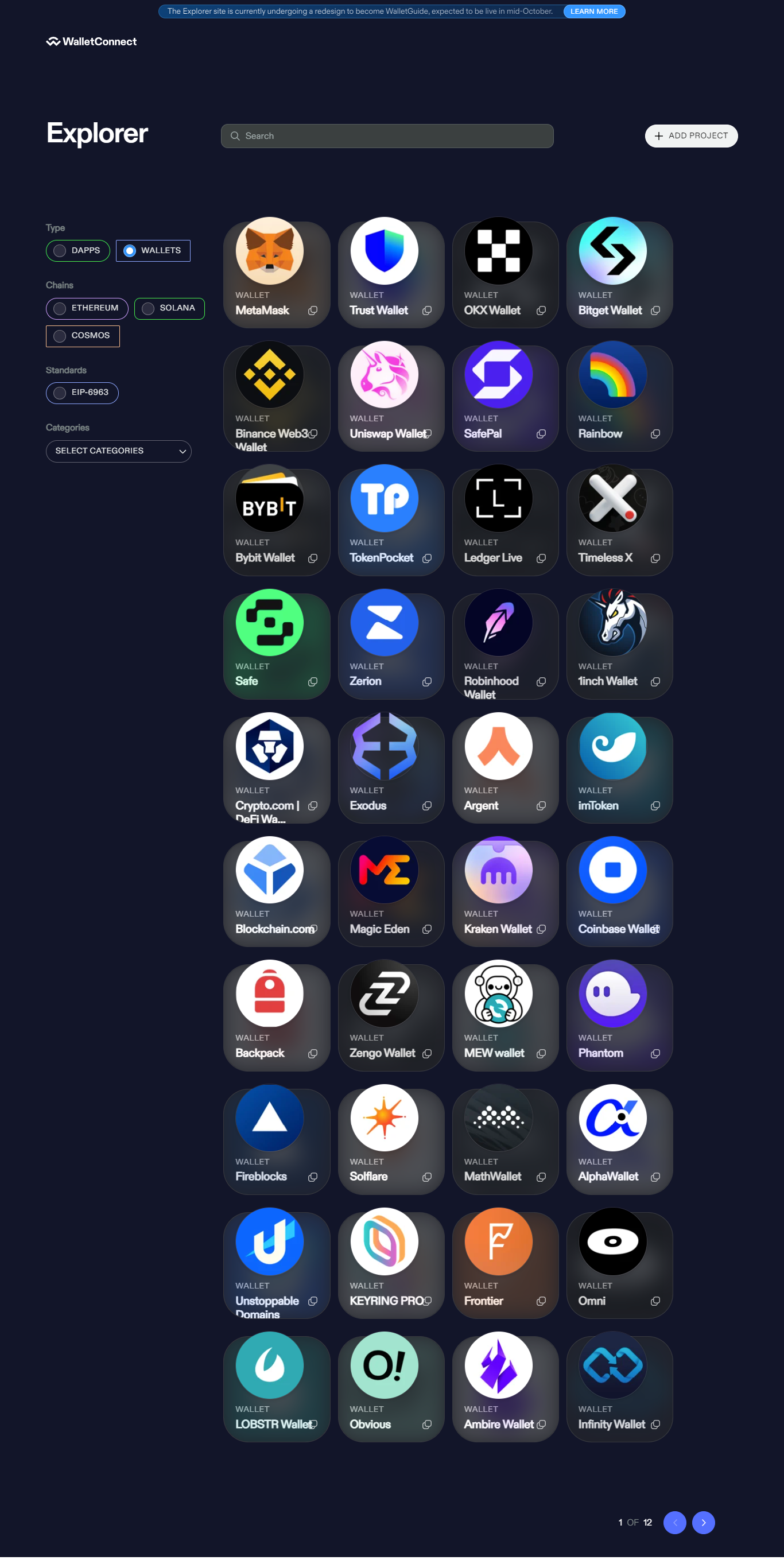

In the ever-evolving world of cryptocurrencies, the ability to connect your wallet to various platforms is essential for accessing decentralized applications (dApps), trading platforms, and managing your digital assets efficiently. This guide will explore what it means to connect your wallet, the different types of wallets available, and how to do so securely.
A cryptocurrency wallet is a digital tool that allows users to store, send, and receive cryptocurrencies. Unlike traditional wallets, cryptocurrency wallets do not hold physical coins but rather store the public and private keys that are essential for conducting transactions on the blockchain. There are two main types of wallets:
Hot Wallets: These are connected to the internet, making them user-friendly and accessible. Examples include software wallets like MetaMask and mobile wallets like Trust Wallet.
Cold Wallets: These are offline storage options, such as hardware wallets like Trezor and Ledger, providing enhanced security by keeping your keys away from potential online threats.
Connecting your wallet to various platforms allows you to:
Connecting your wallet is generally straightforward. Here’s a step-by-step guide to help you through the process:
Before connecting, ensure you have a wallet compatible with the platform you wish to access. Popular options include:
Visit the platform where you want to connect your wallet. Most DeFi platforms, NFT marketplaces, and dApps will have a "Connect Wallet" button prominently displayed on their homepage.
Click on the "Connect Wallet" button. You will be presented with a list of supported wallets. Choose the one you are using (e.g., MetaMask, Phantom).
Once you select your wallet, a prompt will appear asking you to authorize the connection. This is a critical security step. Always ensure that you are connecting to a legitimate platform to avoid phishing scams.
After authorizing, your wallet is now connected! You can begin using the platform, whether it’s trading, lending, or exploring new dApps.
While connecting your wallet is a simple process, security should always be a top priority. Here are a few tips to keep your assets safe:
Connecting your wallet is a vital step in navigating the world of cryptocurrencies and decentralized finance. By following the steps outlined above and adhering to security best practices, you can enjoy a seamless and secure experience while managing your digital assets. For more information on connecting wallets and the latest trends in cryptocurrency, check out resources from sites like CoinMarketCap and Decrypt.